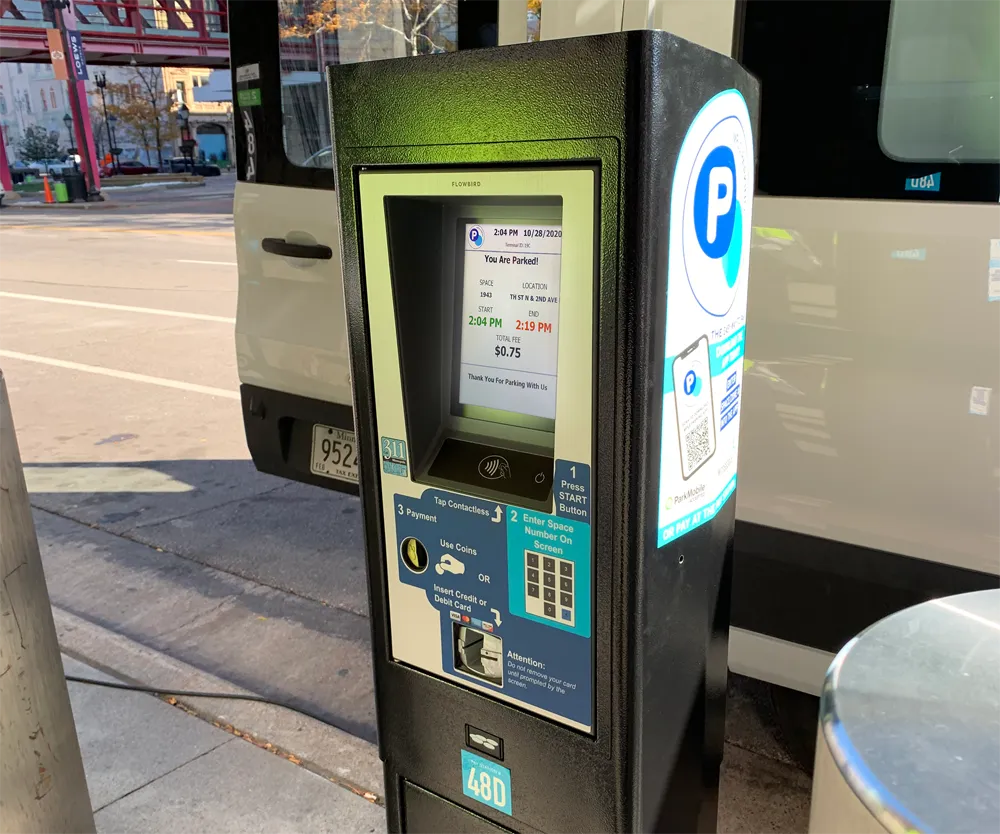Metric Parking, a subsidiary of Hoeft & Wessel Group, has been awarded a contract with the US city of Hoboken, New Jesey, to supply 135 car parking ticket machines. During a successful 10-machine pilot project last year, the city saw a 30 per cent increase in revenue and additional parking spaces. These spaces were created by moving from the traditional single space meters to pay and display. Hoboken found that they are fitting two to three more cars on a given block with nearly half of all transactions now
April 17, 2012
Read time: 2 mins
RSS845 Metric Parking, a subsidiary of Hoeft & Wessel Group, has been awarded a contract with the US city of Hoboken, New Jesey, to supply 135 car parking ticket machines. During a successful 10-machine pilot project last year, the city saw a 30 per cent increase in revenue and additional parking spaces. These spaces were created by moving from the traditional single space meters to pay and display. Hoboken found that they are fitting two to three more cars on a given block with nearly half of all transactions now cashless, using credit cards. Additional revenue was captured that was previously lost to broken meters.
The new parking meters being supplied will be Metric´s solar-powered Aura model, equipped with different payment options including cash, debit or credit cards, and chip cards based on RFID technology. A payment by phone service can also be installed at a later date.
The new parking meters being supplied will be Metric´s solar-powered Aura model, equipped with different payment options including cash, debit or credit cards, and chip cards based on RFID technology. A payment by phone service can also be installed at a later date.










